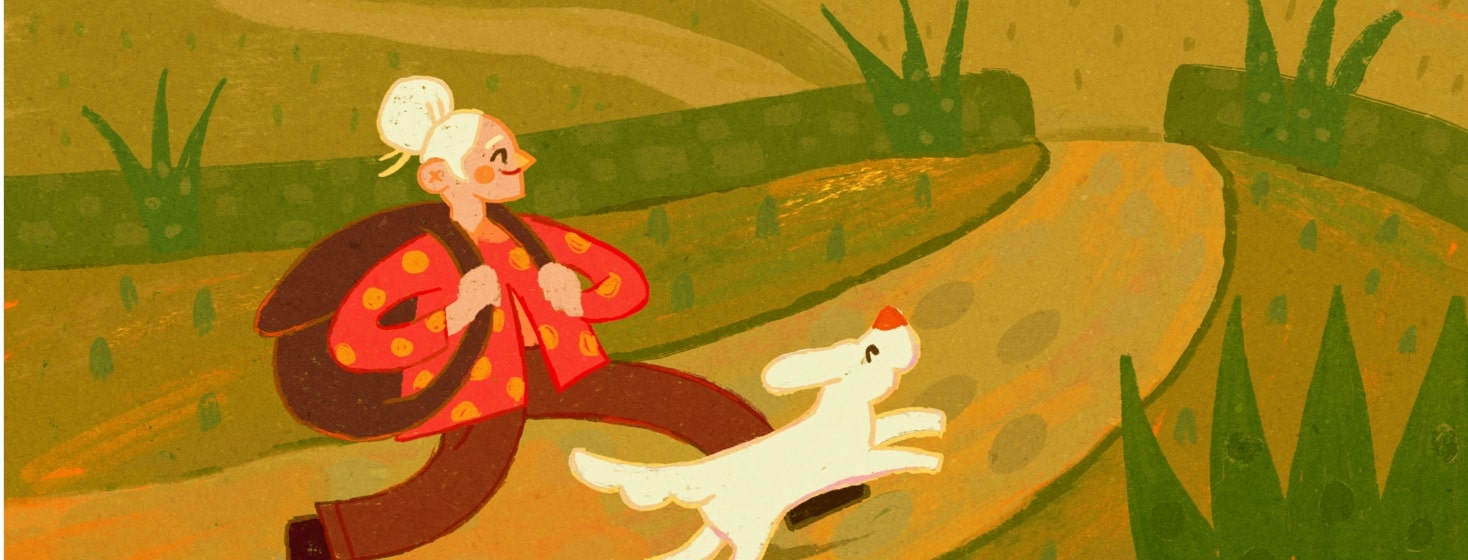Closer to Fine: A Diagnosis That Never Disappears
I knew I had severe mental health issues before I knew that major depressive disorder (MDD) existed.
Early signs of MDD
When I was a newly minted teenager in 2014, I started noticing some patterns about myself that I knew were strange compared to others my age. I didn't hang out with friends, I had no energy to do the bare minimum of taking care of myself, I slept too little or during weird times of the day, I had no appetite or desire to eat, I struggled to see my personal worth in the world – the whole gambit of typical MDD symptoms.
First steps toward an MDD diagnosis
It took me 2 years to say to my parents that I needed help. Then, another 4 years after that before I got multiple proper diagnoses to affirm that yes, I wasn't just an introvert or loner, but the chemistry in my brain was seriously out of whack and I need external assistance to regulate it.
Why is everything so hard?
Depression was my personal boogeyman that I refused to acknowledge for fear of it growing stronger. For 6 – almost 7 – years, I battled things that the average person likely doesn't see as challenging.
After the fact, I would take several days off to recover as well. Yet, all I could convince myself of was that I was just lazy and needed to get over myself.
Asking for help was hard, too
Somewhere along the way, I had internalized this belief system that even though other people were worthy of getting help and leaning on their support systems to survive, I wasn't allowed to do that and had to suffer on my own.
In early 2021, I had a very scary episode of active suicidal ideation that forced me to have a long sit-down chat with myself about my options.
I could continue on my current path of kidding myself that nothing was wrong as depression quickly took over more and more parts of my life. Or I could do something that scared me just as badly – ask for help and actually use that help.
Getting treatment for MDD
On March 1st of that year, I went to the local psychiatric hospital and admitted myself in a weeklong psychiatric hold, both to stop myself from acting on my suicidal ideation and to jumpstart the process of getting professional help.
That, out of everything I've done in my life thus far, was the most important thing that I have done.
The next few months passed quickly in an absolute blur. Weekly psychologist appointments for talk therapy, monthly psychiatrist appointments for new medication to regulate the symptoms of MDD, and even monthly appointments with a dietitian to help mitigate the MDD and a newly discovered eating disorder-related malnutrition. All to help me try something new that I had never done before.
A new "normal"
When I went back to school that fall, I had high hopes that I could do "normal" things like the rest of my peers. As anyone that's experienced MDD directly knows though, even the best support doesn't make it go away. That was a difficult pill to swallow for me.
Was I able to do certain things more than I could before? Absolutely – keeping a regular sleep schedule, listening to music and making time for friends did wonders for my energy levels and overall quality of life. But I still struggled with a lot of things that others found easy, and that was devastating for my idealized world of normalcy.
My MDD diagnosis isn't going anywhere
It's taken me the better part of 2 years to accept that MDD isn't going to disappear, even in the most optimistic and promising of futures. I will live with this condition for the rest of my life.
These days, though, I see that as a welcome challenge. I may be stuck with MDD attached to me as a 20-pound backpack everywhere I go, but I fully intend to take myself and that backpack everywhere I want to go. It may just take me a little longer to get there, and I'm at peace with that.
